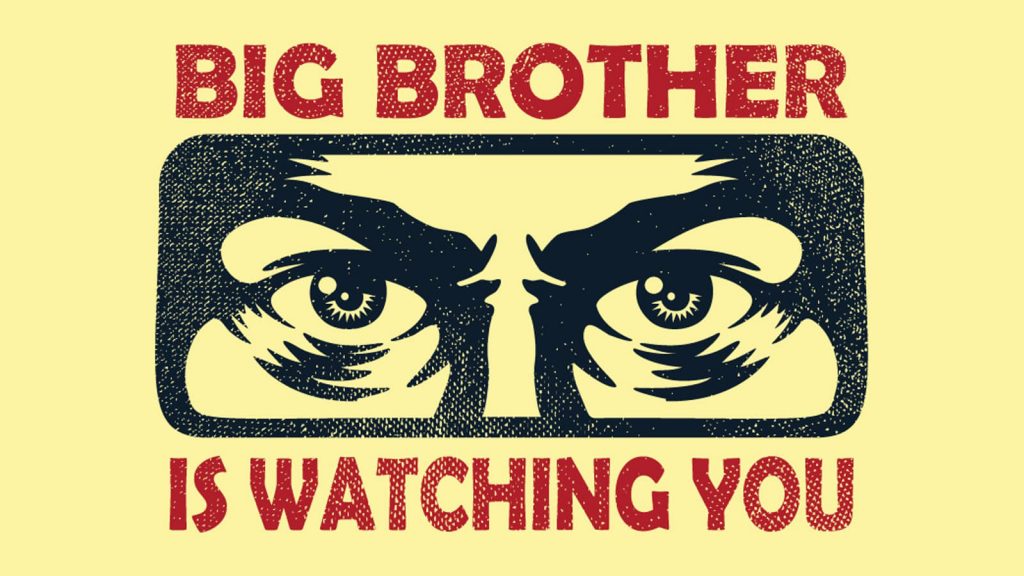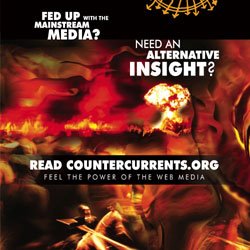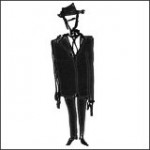Before We Forget
Memories of 2020 are now fading, meaning it can be easy to forget how on that Remembrance Sunday some bravely defied the lockdown to gather at war memorials. But we must not forget, as the tyranny must not be repeated.
The post Before We Forget appeared first on The Daily Sceptic.




